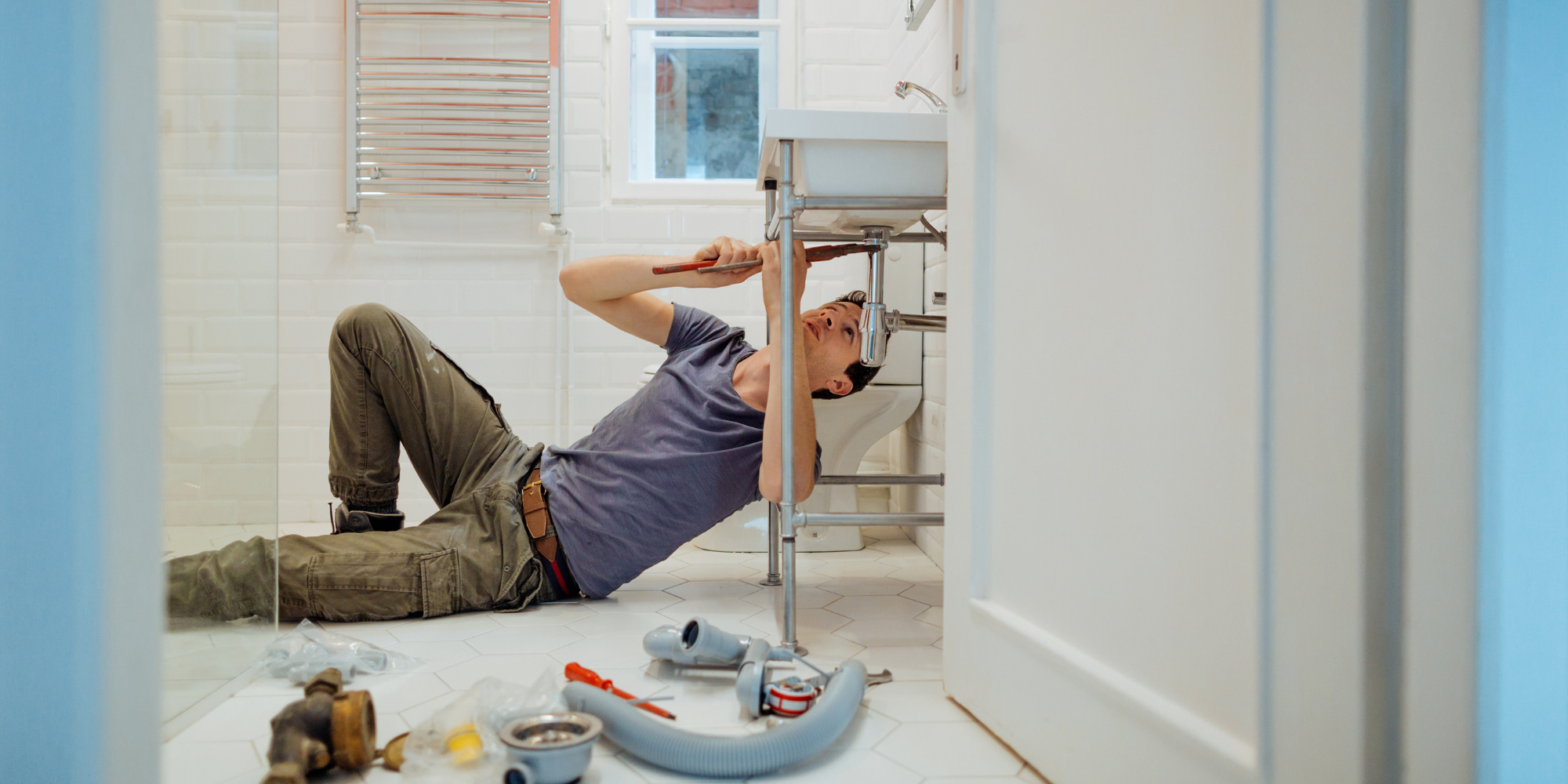DIY or Call a Pro? When to Tackle Plumbing Issues Yourself
Plumbing problems can range from minor annoyances to full-blown emergencies. While some homeowners love a good DIY project, tackling plumbing repairs without the right knowledge can lead to costly mistakes. So, how do you know when to grab your toolbox and when to call in the experts? Let’s break it down.
Plumbing Issues You Can DIY
Not all plumbing problems require a professional. If you have the right tools and a bit of patience, you can handle these common issues yourself:
1. Fixing a Leaky Faucet
A dripping faucet wastes water and drives up your bill. In many cases, replacing a worn-out washer or O-ring can stop the leak. Most faucets follow a similar design, and you can find step-by-step guides online to help with the fix.
2. Unclogging a Drain
If your sink or tub is draining slowly, you can try:
✔️ Pouring a mixture of baking soda and vinegar down the drain
✔️ Using a plunger or a drain snake
✔️ Removing and cleaning the P-trap under the sink
Avoid using harsh chemical drain cleaners, as they can damage your pipes over time.
3. Replacing a Showerhead
Want better water pressure or a more modern showerhead? Replacing it is a simple job that only requires a wrench and some plumber’s tape to prevent leaks.
4. Fixing a Running Toilet
If your toilet won’t stop running, it’s usually a faulty flapper, fill valve, or chain inside the tank. These parts are inexpensive and easy to replace with basic DIY skills.
Plumbing Problems That Require a Pro
Some plumbing issues are beyond DIY and should be left to the experts. Attempting these repairs yourself can lead to bigger (and more expensive) problems.
1. Burst Pipes
A burst pipe can cause major water damage fast. If you notice water spraying or pooling unexpectedly, shut off the main water supply immediately and call a plumber.
2. Sewer Line Backups
If multiple drains are clogging at once, you may have a sewer line problem. This is not a DIY fix—professional plumbers have specialized equipment to diagnose and clear sewer line blockages.
3. Water Heater Repairs
Water heaters involve gas or electricity, making them dangerous to work on without proper training. If you notice leaks, inconsistent hot water, or strange noises, call a professional.
4. Low Water Pressure Throughout the House
If only one faucet has low pressure, it could be a minor clog. But if your whole house has low pressure, it could be a sign of a bigger issue, like a main water line problem. A plumber can diagnose and fix it safely.
5. Major Pipe Installations or Repairs
Installing new plumbing, repiping a section of your home, or working with underground pipes should always be done by a professional. Improper installation can lead to leaks, water damage, and code violations.
When in Doubt, Call a Pro
If you’re unsure whether to tackle a plumbing issue yourself, it’s always best to err on the side of caution. A quick call to a professional can save you time, money, and stress in the long run.
At Marv’s Plumbing & Heating in Cheyenne, we’re here to help with all your plumbing needs—big or small. Whether you need expert repairs or advice on a DIY fix, give us a call today!

